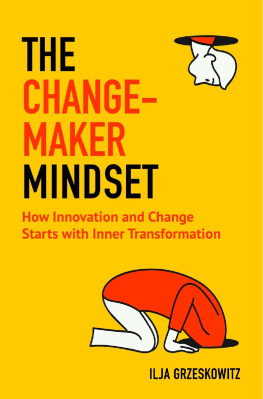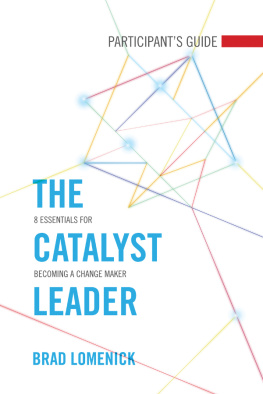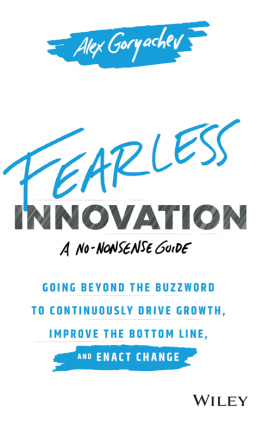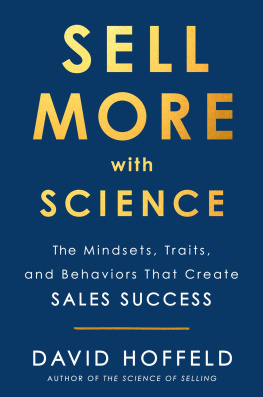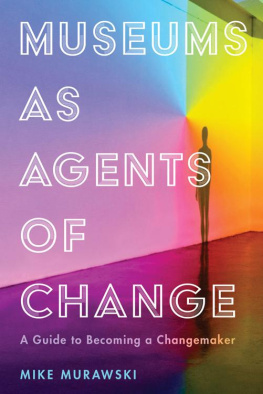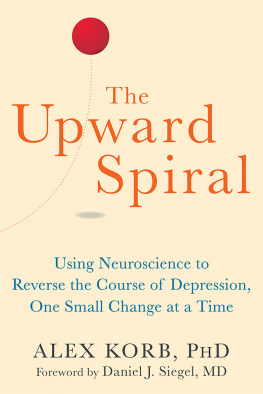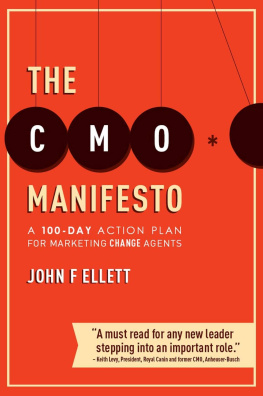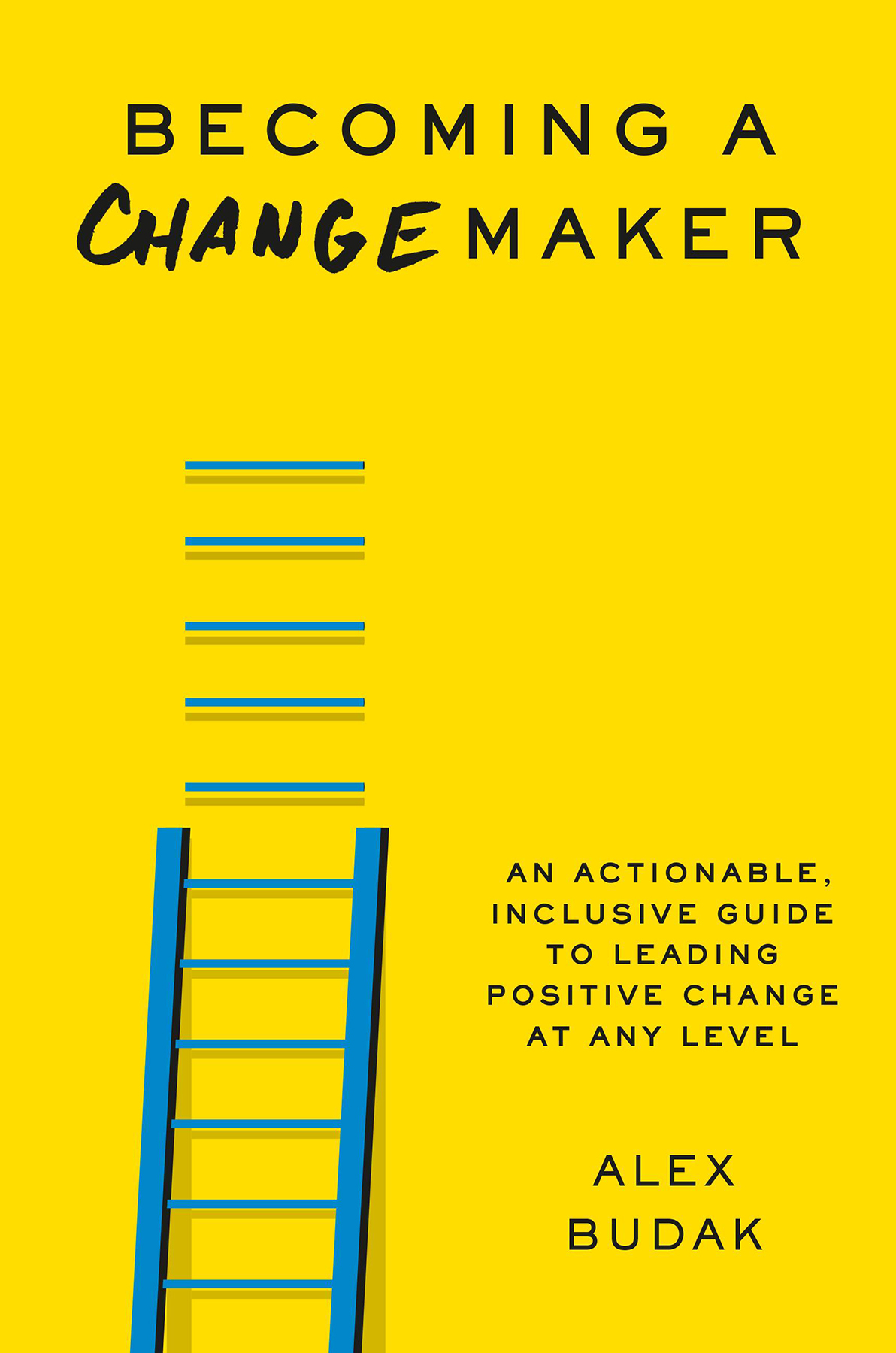
Copyright 2022 by Alex Budak
Cover design by Arsh Raziuddin. Cover copyright 2022 by Hachette Book Group, Inc.
Hachette Book Group supports the right to free expression and the value of copyright. The purpose of copyright is to encourage writers and artists to produce the creative works that enrich our culture.
The scanning, uploading, and distribution of this book without permission is a theft of the authors intellectual property. If you would like permission to use material from the book (other than for review purposes), please contact permissions@hbgusa.com. Thank you for your support of the authors rights.
Balance
Hachette Book Group
1290 Avenue of the Americas, New York, NY 10104
grandcentralpublishing.com
twitter.com/grandcentralpub
First Edition: September 2022
Balance is an imprint of Grand Central Publishing. The Balance name and logo are trademarks of Hachette Book Group, Inc.
The publisher is not responsible for websites (or their content) that are not owned by the publisher.
The Hachette Speakers Bureau provides a wide range of authors for speaking events. To find out more, go to www.hachettespeakersbureau.com or call (866) 376-6591.
Library of Congress Cataloging-in-Publication Data
Names: Budak, Alex, author.
Title: Becoming a changemaker : an actionable, inclusive guide to leading positive change at any level / Alex Budak.
Description: First edition. | New York : Balance, [2022] | Includes bibliographical references and index.
Identifiers: LCCN 2022004490 | ISBN 9781538707760 (hardcover) | ISBN 9781538707784 (ebook)
Subjects: LCSH: Leadership. | Change. | Organizational change. | Social change. | Motivation (Psychology)
Classification: LCC HD57.7 .B835 2022 | DDC 303.3/4dc23/eng/20220318
LC record available at https://lccn.loc.gov/2022004490
ISBNs: 9781538707760 (hardcover), 9781538707784 (ebook)
E3-20220721-JV-NF-ORI
For Asher and Bex,
my two favorite changemakers.
I love you.
THE WORLD HAS NEVER BEEN MORE READY FOR YOU.
In 2012, I spent a day in Los Angeles, coworking at the offices of Tala, a startup based in Santa Monica, founded by Shivani Siroya. I was a young, scrappy entrepreneur, and as long as I had my laptop and access to coffee, I was content to work anywhere, but I was also grateful that Shivani, who was then a friend of a friend, had opened up a desk for me.
We took a morning walk together, coffees in hand, as the fog melted away and the Pacific Ocean gradually emerged from behind its mask. Shivani told me about her life and her work, and while she talked, it became clear to me that the labels we often use to identify people who are successful in business, like entrepreneur, founder, and leader, didnt entirely capture who she was. She was each of these, to be sure, but also more than these.
Shivani began her career working at the United Nations, partnering on microfinance initiatives, before switching careers to become a financial analyst on Wall Street. She had a career many would be envious of, but she found something lacking within the traditional finance sector. Although she was passionate about finance, she was also very interested in the over 2.5 billion people around the world who did not yet have a formal financial identity and were excluded from traditional markets. This inspired her to begin sketching out the idea that became Tala. In a half-page document, Shivani wrote that Tala would be an online global investment fund which enables everyday people to put their money to work in order to change the world. And she made the case for why her company was urgently needed, seeking to bridge the gap [in the market] by providing smaller financial investments and training to ensure
Its an inspiring vision, but what truly impressed me about Shivani was not the what of her idea but rather the how. She had no formal experience as an entrepreneur, and she did not let that stop her. She began building her vision piece by piece; she reached out to contacts and strangers on LinkedIn (ultimately sending over fifteen hundred individual messages!), and she assembled a small part-time team. With some initial success, she faced a choice: continue the safe, prestigious, hard-earned Wall Street career she had coveted, or dedicate her full energy and time to Tala.
She found the courage and took the leap.
And she hasnt looked back, growing her startups footprint to multiple continents, multiple products, and multiple offices. Hers has been an impressive journey, but what stays with me the most is not the scale of Shivanis venture or the impact shes had.
Its the personal qualities she possesses: Her willingness to question the status quo. Her inclusive leadership. Her service orientation.
I realized on that walk that we often ascribe the success of leaders whom we admire to their more tangible skillssuch as Shivanis financial acumenas we seek to replicate their success. But the personal qualities that truly make Shivani the impactful leader and founder she is are actually changemaker qualities. They are attributes of character, of hustle, of heart, of passion, and of persistence. And these changemaker qualities can be learned and practiced by anyone, no matter who we are or where we might have been.
During our walk, the concept of a changemaker came alive to me. Just as I saw these changemaker qualities in Shivani, I began recognizing how they also show up in so many other people all around me, even those who might not yet consider themselves changemakers.
In that moment, my perspective on the concept of change well, changed. Up until that point in my life, I had always assumed that change came solely from one or two huge organizationsthink the Red Cross or the World Bank. What I came to realize was that positive change is actually made by each of us pursuing it in our own way, leading from wherever we are. Change isnt reserved for a special few. In fact, change calls out for all of us to lead from wherever we might be and in whatever form is true to who we are.
However, I also realized firsthand that there were simply too many barriers, both systemic and individual, getting in the way of all of these emerging leaders making their desired changes a reality.
I began imagining a world filled with, and led by, changemakers. Where positive change happens both in corporate boardrooms and at kitchen tables. Where changemakers spring to action both from behind a laptop and on the streets. Where changemakers of every possible background and experience, passion and interest, have the mindset, leadership, and tools they need to go make change happen.
Since that walk with Shivani, Ive become obsessed with understanding what it takes to be a changemaker and studying what most often holds people back from becoming one. Ive made it my lifes mission to help others create their own personal versions of Shivanis story. To activate their innate ability to lead positive change from where they are, for themselves, their organizations, and their communities. To help all of us, and each of us, become changemakers.
Defining Changemaking
The first popular mention of the word changemaker dates back to 1981, when the social impact organization Ashoka used the term in its annual newsletter. Ashoka defines a changemaker as someone who is taking creative action to solve a social problem. While Ashoka deserves credit for beginning to bring the term into our collective parlance, I believe that the concept of a changemaker deserves a wider and more inclusive definition, far beyond the constraints of social challenges.


